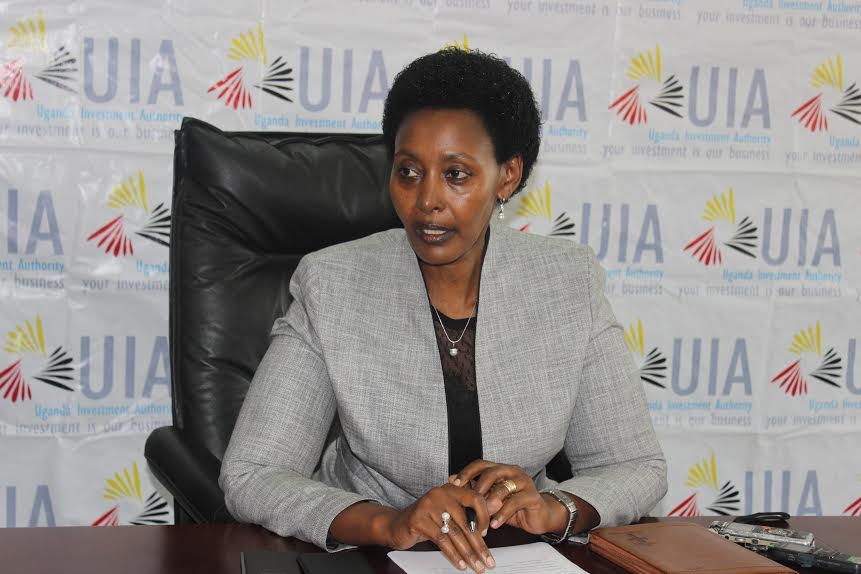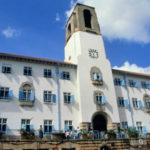Despite efforts by government to position Uganda as the best destination for direct foreign investment in Africa, the country could only come in 12th position during the year 2016, a survey by an Africa-based economic research institute says.
The report shows Botswana, Morocco and Egypt as Africa’s best nations for foreign direct investment (FDI). Botswana, its economy driven by its diamond mines, tops the list because of its stable democracy, improved credit rating, current account ratio, import reserves and ranking in the World Bank’s ease-of-doing-business index, according to the Africa Investment Index 2016.
The Index was created by the Quantum Global Research Lab, the independent research arm of investment firm Quantum Global Group. The Quantum Global Research Lab focuses exclusively on the African investment environment. The Index covers all 54 African nations.
The Index is designed to help guide investors in Africa about which countries and markets are most attractive for investment in the short- to medium-term. The Index is based on six factors: growth, liquidity, risk, business environment, demographics and social capital. Uganda performed badly as it had an average score of 19.462 for all the indicators.
Rounding out the top 10 behind Botswana, Morocco and Egypt as the best African destinations for FDI are South Africa, Zambia, Cote d’Ivoire, Algeria, Tanzania, Namibia and Burkina Faso.
“Many of the African nations are demonstrating an increased willingness to achieve sustainable growth by diversifying their economies and introducing favorable policies to attract inward investments,” said Professor Mthuli Ncube, Head of Quantum Global Research.
The top five nations in the Index attracted an overall FDI of US$13.6 billion in 2016.
“A new generation of African leaders is acknowledging the necessary link between democratic reforms and foreign investment that will spur much-needed economic development. As such, Africa is enjoying more free and fair elections and peaceful transfers of power than in the past, when ethnic and tribal violence regularly marred elections,” notes the report.
Two North African nations – Morocco and Egypt – followed Botswana in the Index, a sign of their resiliency and potential as they bounce back from political and economic turmoil.
Morocco was ranked second on the Index based on its solid economic growth, strategic geographic positioning, increased foreign direct investment, import reserve ratio and an overall favorable business environment. Foreign investment in Morocco rose 24 percent in May of this year compared to May 2016.
Egypt was ranked third due to an increased foreign direct investment and real interest rates, and a growing urban population. Foreign appetite for Egyptian debt has skyrocketed by nearly nine times this year compared to the previous fiscal year.
South Africa was ranked fourth on the growth factor of GDP, ease of doing business in the country and its significant population. South Africa remains the continent’s biggest recipient of foreign investment.
Zambia was ranked fifth due to its significant domestic investment and access to money supply. Foreign investment in Zambia in the first quarter of this year was up US$505 million compared to a rise of $218 million in the first quarter of 2016.
Some African nations showed substantial improvement compared to previous surveys. Burkina Faso, Rwanda, Swaziland and Tanzania are the current survey’s biggest climbers. Burkina Faso, which cracked the Top 10 for the first time this year, increased its position 13 spots compared to its average ranking over the past three years.
The Index also ranked the 10 worst African destinations for FDI. From worst to best, they are Somalia, Eritrea, the Central African Republic, South Sudan, Sierra Leone, Liberia, Malawi, Equatorial Guinea, Gambia and Madagascar.
“With a population of over USA$1 billion people and a rapidly growing middle class, Africa clearly offers significant opportunities to invest in the continent’s non-commodities sectors such as financial services, construction and manufacturing amongst others,” Mthuli , adding that structural reforms and greater private sector involvement are crucial to unlocking Africa’s true potential.”
Click here to read full report








